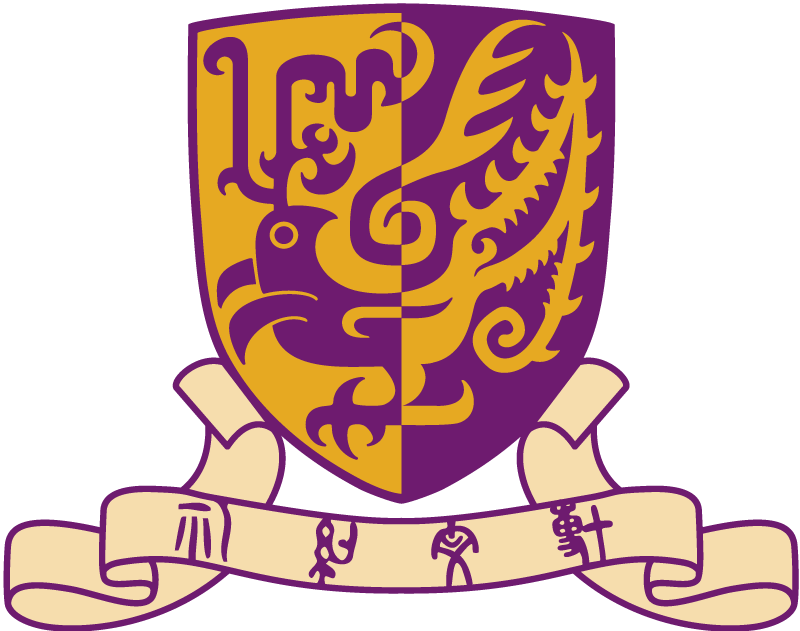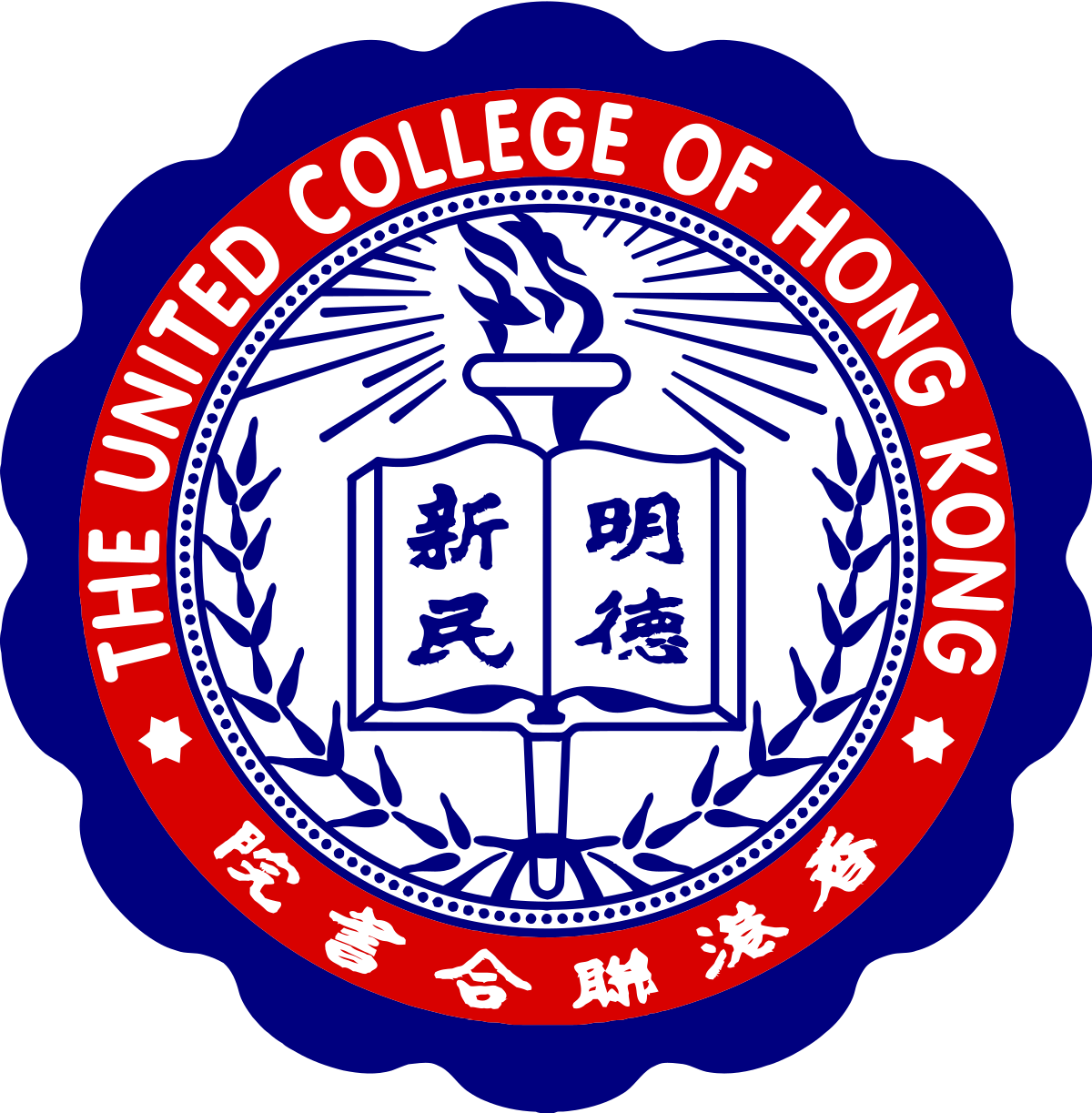Visionary: An Eye-Opening Aid

Student Reporter: Mina M S Chan (GCOM/4)
As a final year student majoring in Computer Science and Engineering, Rishika holds a busy schedule. However, her ambition goes beyond her studies—she is also the co-founder of Visionary, a pair of tech-enabled smart glasses for the visually impaired, designed to aid their day-to-day travels. She was thus being nominated to the CUHK Outstanding Student Award 2022: Innovation and Invention. Through artificial intelligence and computer vision, what looks to be a simple pair of glasses can allow users to receive audio cues as to their surroundings in real-time. This innovative technology can also relay to the user textual information, such as MTR exits and bus stop signs.
Her motivations behind creating Visionary stem from a personal story. Prior to her studies in Computer Sciences and Engineering, she had hopes of becoming a pilot. But fate had different plans for her—Rishika’s career goal was cut short when she was diagnosed with a genetic condition that could potentially cause her to lose her eyesight at any given moment. “I hadn’t realised how difficult it was until I was diagnosed myself, and that was when I wanted to understand more about visual impairment and bring a solution to this problem.” She wondered how did they deal with it and what was their journey like so she began conversing with visually impaired individuals, which gave her a perspective on what needed to be done. “It was through my medical condition that I learned that so many people are unable to see and are dependent on others for their daily activities, which can be discouraging. They are extremely talented, but it was only their inability to travel by themselves that was causing hindrances to their work. I wanted to make something that can get their talent out of their homes to their place of work. This mindset played a crucial role in designing Visionary.”
It was right outside campus that she discovered her solution. While travelling to Science Park every day for her summer internship, she found that visually impaired commuters needed to repeatedly ask for assistance on their way to work. “It usually takes around three people,” she noted, “one to guide them to the tactile pavement, another to locate the bus stop, and a third to make sure they were getting onto the right bus. And that’s just getting from the University MTR exit to the bus! It should not take so much work to get from one point to another. That got me thinking that there needs to be a bridge there.” She explained that Visionary was created to provide a sense of control to the visually impaired and create social inclusion in the wider Hong Kong community. “Blindness of the eye does not mean blindness of a vision. Every person has their own voice, which needs to be heard. As a society, we sometimes look down upon certain groups of people; we do not give them enough respect for what they’ve been through. We as a society need to come together and support them, to empathise with them. I want my product to provide them the independence and respect they deserve.”
Rishika’s courses at CUHK gave her the skills she required to create Visionary. Her professors have provided her with a deeper understanding on object detection, an important concept in her design. She has also taken up several courses on artificial intelligence, which have given her a solid understanding on how to program the technology to suit her requirements. One of the challenges now is to take the theoretical frameworks she has learned here and develop them to fit a completely new set of devices.
“Our team is currently in the prototyping stage, so we require funds to purchase devices and hardware in different specifications to see how the model is going to work. I’m putting the money we get back into Visionary—any kind of help and sponsorship will allow it to grow and improve. But my end goal is to make this social enterprise profitable. This way, we can keep making advancements to our technology, so more people around the world can benefit from it.” She highlights, “It’s going to be difficult, but I’m up for it!” Their next course of action is testing Visionary in different outdoor environments. Beyond the design process, they are also considering ways for the community to access Visionary, which include partnering with NGOs and the government to include their product in schemes for people with visual impairment, as well as working with companies that value diversity and inclusion to offer this technology to its employees.
We hoped that Visionary will one day make an impact on Hong Kong society, and beyond.




